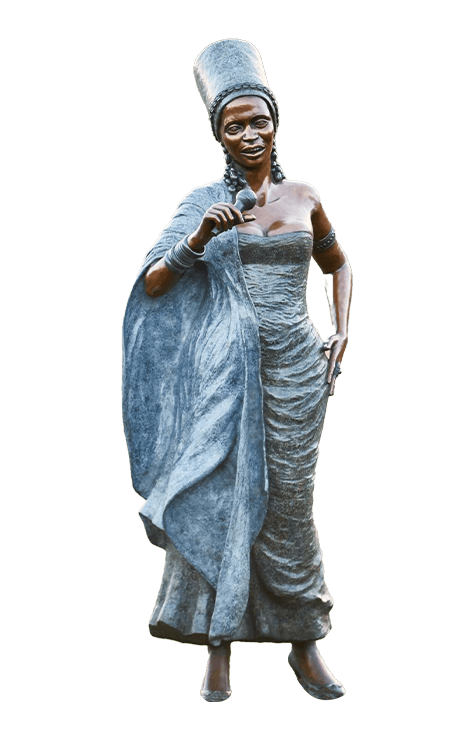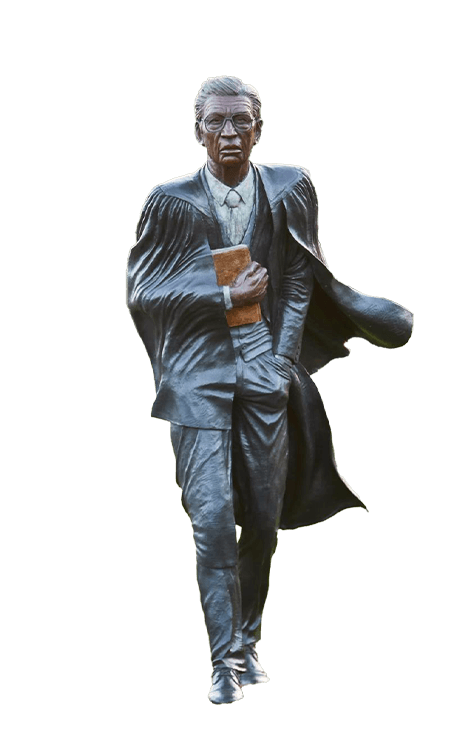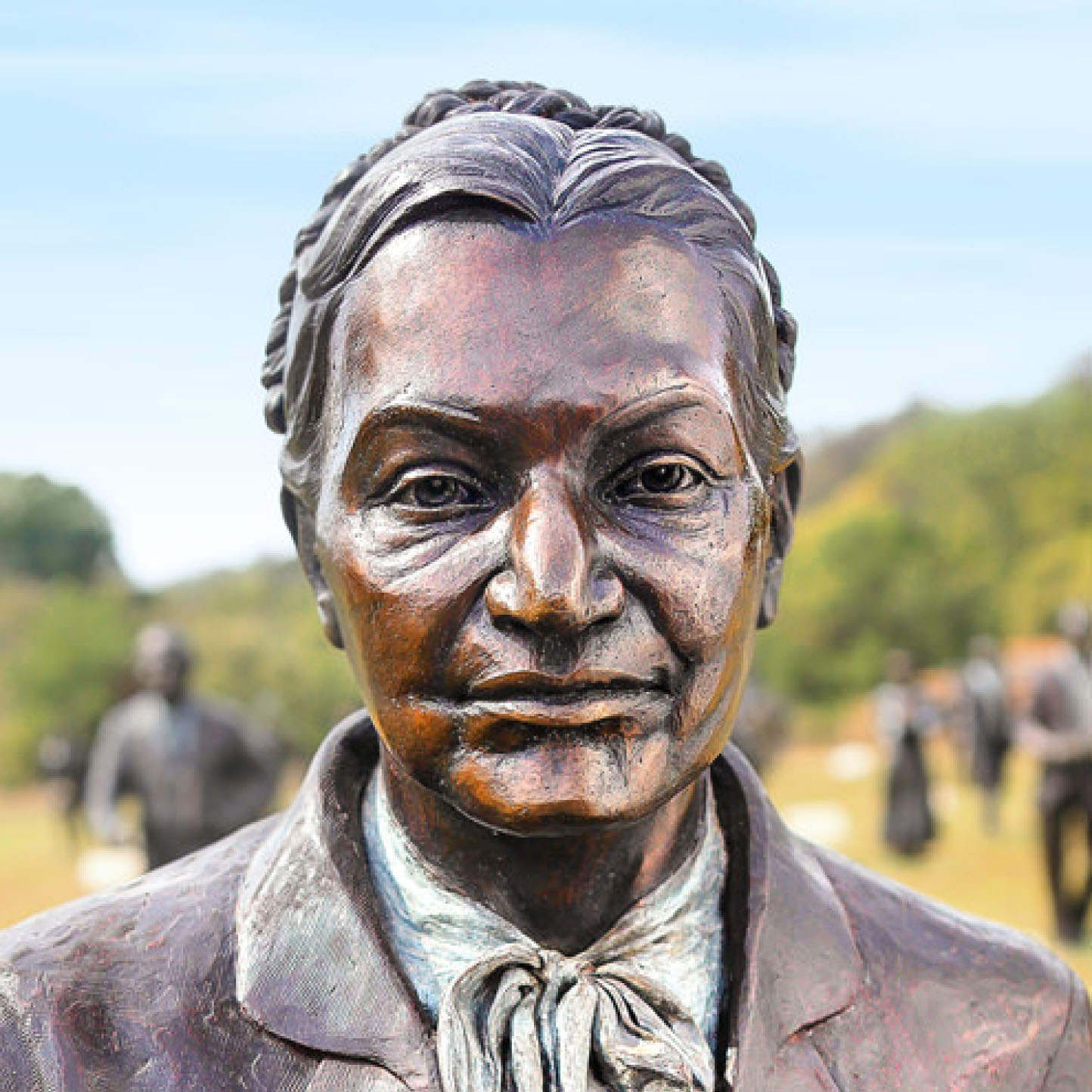
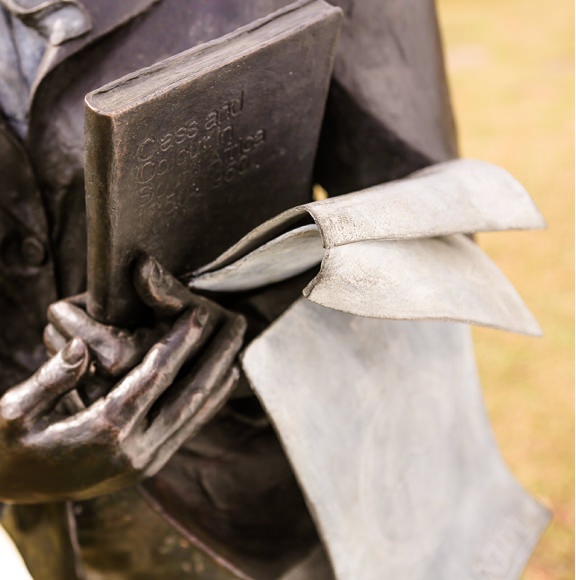
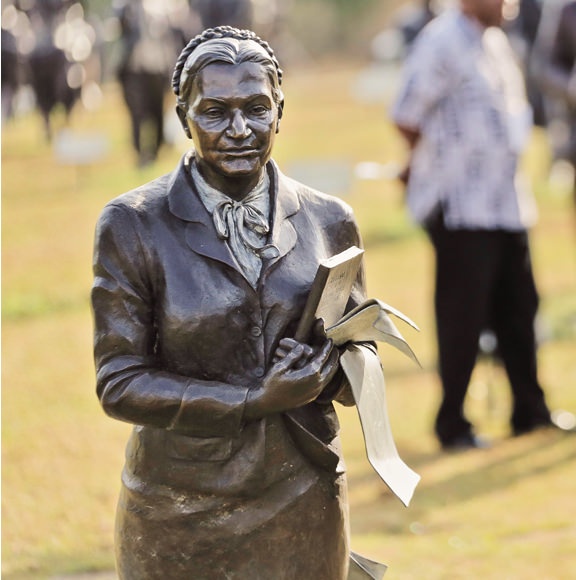
"They had their sandwiches, I had my sandwiches. I used to take The South African Worker with me to sell. One day, a foreman realised that I was a stranger there. He came and just picked me up and took me out. But I didn't have any particular resentment because the company happened to be Jewish. This is the standard behaviour of all capitalists, of employers of labour. They don't want their workers to be organised."
– Ray Alexander talking about trying to organize factory workers in a Cape Town clothing factory. Interview by Steven Robins and Immanuel Suttner, 20 July 1993 and January 1996, Cape Town (SAHO)
Ray Alexander Simons
1913 – 2004
Trade Unionist, Member of the Central Committee of the SACP, Founding member and first Secretary of the Federation of South African Women, founding General Secretary of the Food and Canning Workers’ Union
Ray Alexander was born in the Baltic state of Latvia and was exposed to socialist and communist ideas at an early age including the importance of organization for the advancement of workers' rights.
In 1929, aged 15, she was sent to South Africa to join a brother and sister in Cape Town. Within days of her arrival she joined the Communist Party of South Africa (CPSA) where she met influential members of various workers' unions.
She became Secretary of the Commercial Employees' Union and full-time organizer of the Non-European Railway and Harbor Workers' Union by 1935. Her main focus remained the trade union movement, and she became General Secretary of the Food and Canning Workers' Union (FCWU), an effective and militant organization. When the National Party government banned the CPSA she was among those listed as a Communist.
In 1953, the apartheid government served her with banning orders, forcing her resignation from the FCWU. In 1954, together with Helen Joseph, Lilian Ngoyi and Florence Mkhize, she helped to found the Federation of South African Women (FEDSAW) and was involved in drafting the organization's pioneering Women's Charter. Another banning order forced her resignation from FEDSAW preventing her from joining the 1956 Women's March to the Union Buildings, though she actively recruited participants from Cape Town to attend.
In 1941 Ray Alexander married Professor H.J. Jack Simons, a devoted Communist and Professor in African Studies at the University of Cape Town. The couple left South Africa for Zambia in 1965, from where they made occasional visits to England. They wrote Class and Colour in South Africa: 1850-1950, published in 1969, a pioneering analysis of the relationship between class and race in the South African political and social history.
Returning to Lusaka in 1967 they were the first Whites to be accepted as official members of the African National Congress (ANC) in 1969.
As a seasoned trade unionist Ray Alexander headed the underground SACP's trade union desk. In 1978 Jack volunteered to lecture in the MK training camps in Angola while Ray continued with underground work assisting to build the emergent new trade unions. They were among the first exiles to return to South Africa in 1990. Ray Alexander Simons became an advisor to various trade unions, the ANC and SACP, and began writing a book about her involvement in the FCWU.
Ray Alexander Simons is honoured today for her contributions to organizations like the SACP, ANC and FEDSAW, various trade unions, Namibia's South West Africa Peoples Organization (SWAPO) and the New Women's Movement.
In 2004, the liberation movement stalwart was awarded the ANC's highest honour of Isithwalandwe ('The One Decorated with the Plumes of the Blue Crane'), traditionally bestowed on the outstanding warriors who have distinguished themselves in battle and through exceptional qualities of leadership.
Ray Alexander Simons died in Cape Town, aged 91.
